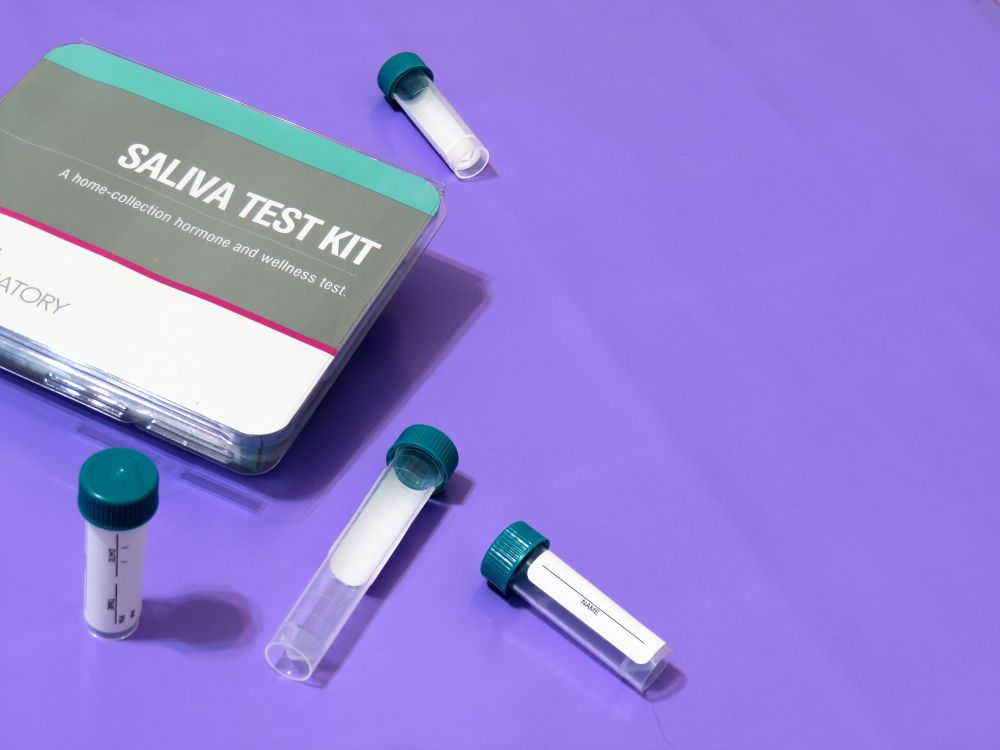
News
Nuffield Council responds to Science and Technology Committee's call for evidence on commercial genomics
The Nuffield Council on Bioethics has submitted a response to the House of Commons Science and Technology Committee’s call for evidence for their inquiry on commercial genomics.
The Science and Technology Committee announced they would carry out an inquiry into commercial genomics following our submission to the Committee’s ‘My Science Inquiry’. There has been considerable attention by policy-makers on the utilisation of genomic technology in the NHS, but the commercial genomics sector has received less scrutiny.
In our response to the Committee’s call for evidence, we highlighted the following points:
- Developments in commercial genomics can provide tools to enable people to take more responsibility for their health. However, there are potential harms as well. There can be: consequences for individuals having testing, for example if results are inaccurate or hard to interpret and/or poorly supported by robust research; social harms when private testing undermines equal access to healthcare and creates burdens on the NHS; and harms to third parties, for example, if children are tested without consent
- It is important that people receive their results in appropriate ways, are helped to interpret their results, and receive psychosocial support if necessary. Many genomic testing companies do not provide these services.
- It is not clear whether genomic testing companies’ data storage, sharing and access policies meet important ethical principles. It would be helpful if the Science and Technology Committee would clarify current practice.
- We have particular concerns about the way non-invasive prenatal testing (NIPT) is offered in the private sector. Although we are pleased this issue is now gaining some attention, we have seen little actual change in practice.
- Overall, our impression is that regulation of the commercial genomics sector is light. The Committee might consider commercial genomic testing of children as an area where strengthened regulation or oversight needs to be introduced.
- The proposal to offer paid-for genomic testing to healthy individuals in the NHS raises a number of questions about purpose, clinical validity and ethical acceptability.
Share